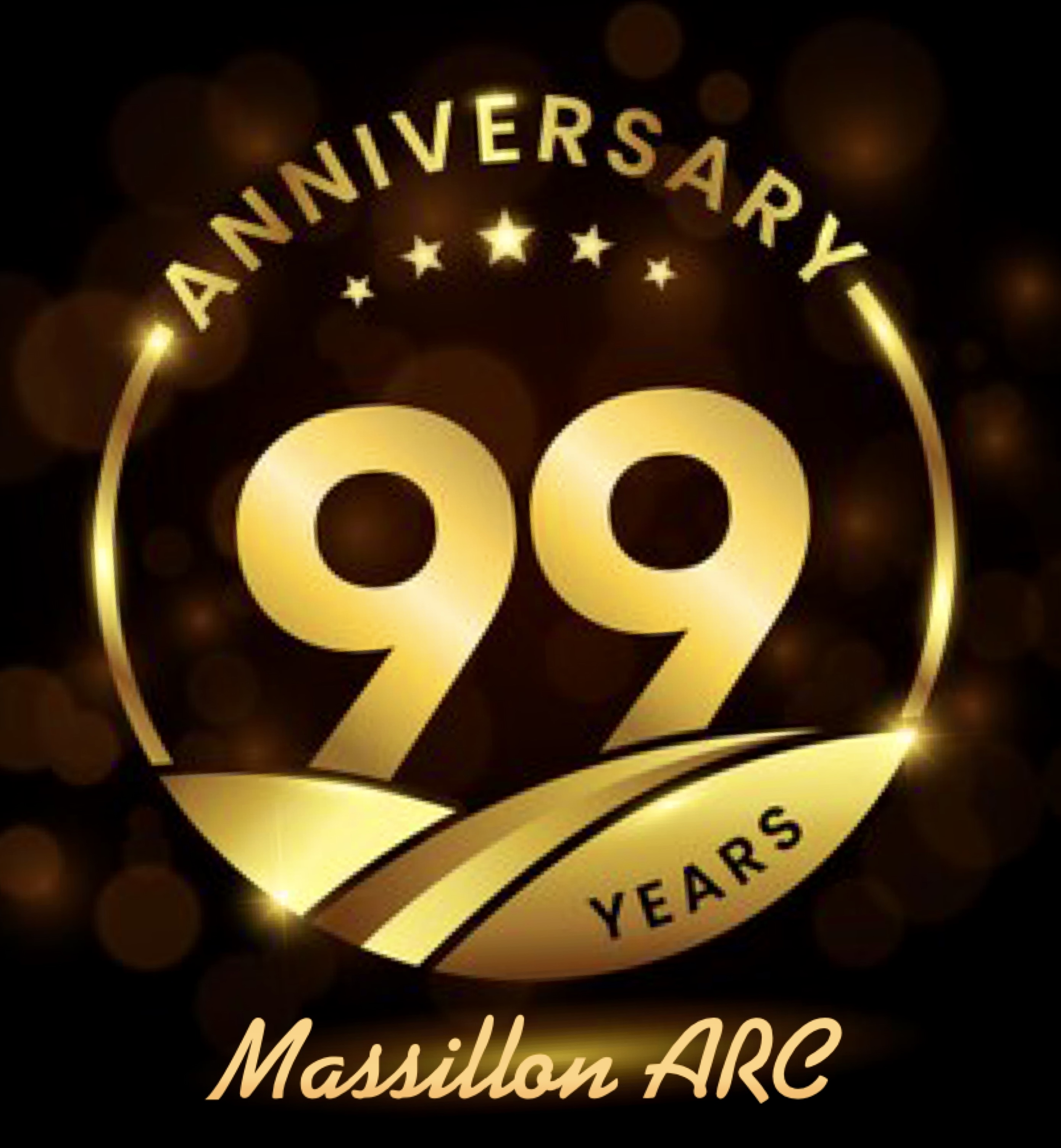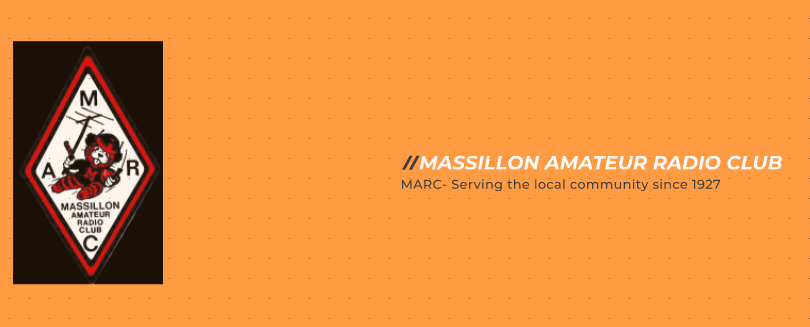
Becoming A Ham Operator
- Details
- Written by: Gerry, KG8RRY
- Category: Uncategorised
- Hits: 9981
Are you considering becoming a Ham Operator?
Becoming a Ham Operator has several advantages, such as:
-
Emergency Communications: During natural disasters or emergencies, amateur radio operators can provide communication when traditional communication methods are down.
-
Technology: It is a great way to get hands-on experience with radio and communication technology.
-
Ham radio operators can join clubs or groups where they can meet like-minded people and participate in events and contests.
-
Personal Development: It also builds skills such as communication, problem-solving, and technical expertise.
Amateur Radio is an exciting hobby that continues to grow in popularity. It provides opportunities for personal growth, education, and building relationships with people all over the world.
Join the Massillon Amateur Radio Club on the first Friday of each month for our monthly get together! And for more information about our club visit our Facebook page or email:

ARRL Year of the Club & America250
- Details
- Written by: Staff
- Category: Special Events
- Hits: 223
Year of the Club
ARRL Board of Directors has designated 2026 as the Year of the Club, recognizing the essential role that local amateur radio clubs play in building community, mentoring new operators, and delivering public service at the grassroots level. This nationwide focus celebrates clubs as engines of civic engagement and local connection.
Icom America is the Official Sponsor of the ARRL Year of the Club.
America250 Worked All States Operating Event
ARRL has already launched the America250 Worked All States (WAS) year-long event, calling on amateur radio operators worldwide to make contact with all 50 US states in honor of America’s 250th anniversary. ARRL will produce an achievement award for radio amateurs who meet the challenge.
